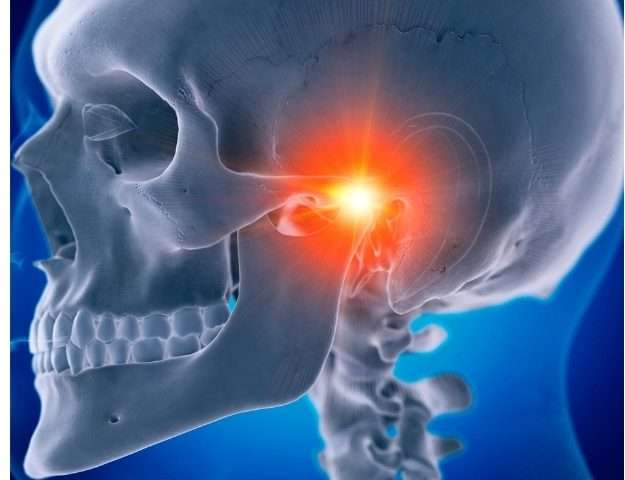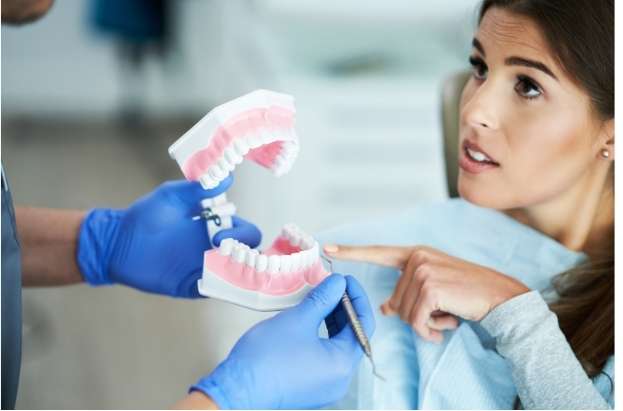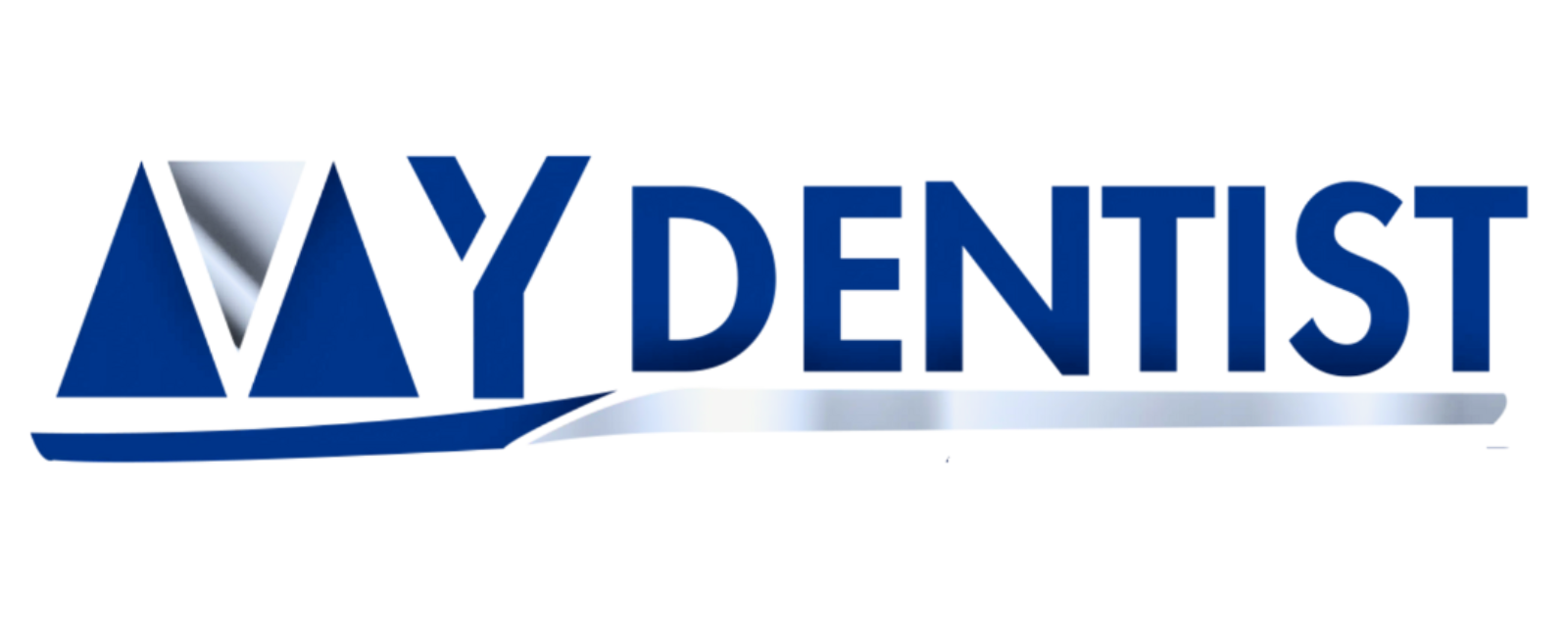TMJ Disorder (TMD) Therapy
While many instances of TMJ discomfort or pain resolve naturally, some individuals require more comprehensive, long-term solutions. Temporomandibular Joint Disorder (TMD) presents differently among patients, necessitating varied treatment approaches. Unfortunately, there isn’t a single solution that works universally for everyone.
Pain management is often a crucial aspect of TMD treatment, as many patients seek help due to pain. Patients may find relief through hot or cold therapy. Jaw-strengthening exercises, similar to physical therapy for jaw muscles, can also be effective. Short-term pain management can also be achieved through medication.

Understanding TMD
The temporomandibular joint (TMJ) connects your jaw to your skull, facilitating essential functions like chewing, swallowing, speaking, and yawning. Jaw pain originating from this joint is typically classified as a temporomandibular joint disorder (TMD). This pain can be felt within the joint itself or in the surrounding muscles. TMD can be caused by various factors, including injury, teeth grinding or clenching, arthritis, misalignment, or even stress.
Pain isn’t the only indicator of TMD. Patients may also experience popping or grinding sounds when moving their jaw, tenderness, stiffness, or locking of the jaw. Dentists consider multiple symptoms when diagnosing TMD.
Comprehensive Treatment Options
If your dentist suspects that stress or pressure on the jaw joint contributes to your TMD symptoms, relaxation techniques may be beneficial. These can range from meditation and breathing exercises to medication for muscle relaxation or anxiety management. Reducing tension in the jaw muscles can provide relief. Patients who grind their teeth at night may find a night guard helpful in reducing pressure and alleviating pain.
Lifestyle adjustments can also ease symptoms and allow the joint and surrounding muscles to recover. This may include eating soft foods, avoiding large jaw movements, and quitting chewing gum.
In some cases, correcting a misaligned bite through orthodontic treatment or using Botox injections in the jaw muscles can relieve symptoms. However, these options are typically considered when other methods have not been effective.
For severe TMD cases, characterized by intense pain or limited jaw mobility that affects eating or drinking, surgery may be recommended. This is a last-resort option when conservative treatments have not provided relief.
If you experience frequent and severe head or neck pain, we encourage you to explore our dentist’s approach to addressing TMJ problems. Contact us to schedule a consultation and discuss how we can help you.

MyDentist Services
Get In Touch With Us
MyDentist@Middlefield
5200 Finch Avenue E #104, Scarborough, ON M1S 4Z3
Mon – Fri: 10:00 am – 8:00 pm
Sat: 10:00 am – 5:00 pm
647-340-8878
info@my-dentist.ca
MyDentist@Pharmacy
636 Pharmacy Ave, Scarborough, ON M1L 3H5
Mon – Fri: 10:00 am – 8:00 pm
Sat: 10:00 am – 5:00 pm
647-500-7885
pharmacy@my-dentist.ca
Book An Appointment
Book a visit to MyDentist, simply fill out the form below and we will contact you back regarding the intervention you require.



